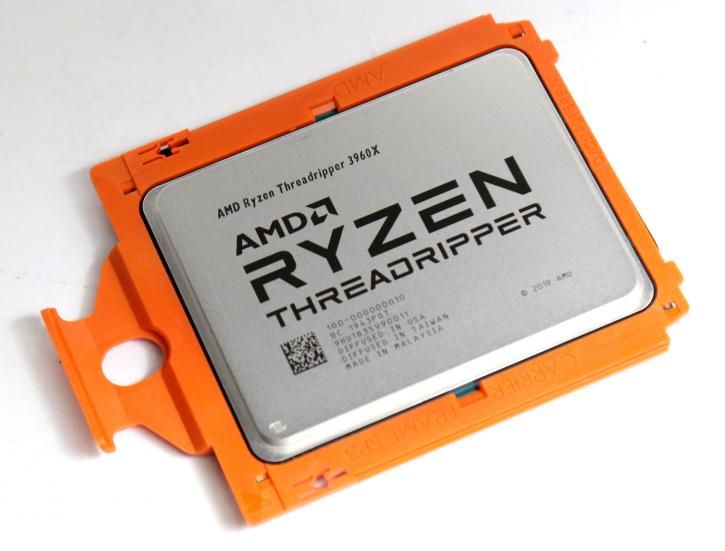System requirements and preparation
System requirements and preparation for work
We'll be starting off with a base set of recommendations. You need to configure your ZEN2 PC along the lines as described below. Pay close attention to BIOS configuration, revision, and even Windows 10 build.
- Windows 10 x64 1909-2004 build and newer (type 'winver' to swiftly reveal your OS build)
- AMD Ryzen processor with Zen 2 architecture (Renoir is momentarily not supported);
- BIOS with AGESA Combo AM4 1.0.0.4 (and newer); check with CPU-Z - (download)
- .NET Framework 4.6 (and newer);
- CPU Voltage - Auto (BIOS);
- CPU Multiplier - Auto (BIOS);
- Ryzen Master 2.3 (uses the driver for monitoring) - (download)
- Stable RAM overclocking or stable XMP.
- The motherboard should be based on a chipset 350/370/450/470/550/570.
- SVM (Virtualization) - disabled (in BIOS, but optional)
- Any power profile is compatible with CTR.
The next set of requirements are also mandatory and apply to UEFI (BIOS) settings. Since the success of CTR depends heavily on the capabilities of the motherboard VRM (highly recommended to read this chapter - link), we need to make a kind of foundation in the UEFI (BIOS) to secure the process of tuning the system from BSOD. The most important setting is LLC (Load Line Calibration), my recommendations are as follows:
- ASUS - LLC 3 (Level 3)
- MSI - LLC 3;
- Gigabyte - in most cases Turbo, but it can also be Auto;
- ASRock is Auto or LLC 2; Importantly, CTR is mediocre compatible with ASRock motherboards, as all LLC modes show abnormally high Vdroop;
- Biostar - Level 4+ .
It is recommended to use additional settings for ASUS motherboard owners:
- Phase mode - Standard;
- Current capability mode - 100%;
How to install CTR
- Download the CTR archive (download) and unpack it in a convenient place for you.
- Download and install Ryzen Master 2.3 (download)
- Download Cinebench R20 archive and extract the archive contents to the "CB20" folder (this folder is located in the CTR folder).
- Run Cinebench R20, accept the license agreement, close Cinebench R20.
- CTR is ready to work.
Credits
Behind absolutely any project, besides the developer and author of the idea, there are people who have also made their contribution. I want to thank everyone who took part in the testing, provided technical advice, or found important information that could improve the CTR. In particular, a special thanks:
@A_z_z_y (Vadym Kosmin), Martin Malik, @CodeZ1LLa (Oleg Kasumov), @lDevilDriverl (Oleksii Baidala), Sami Makinen (AMD), Danny Ordway (ACI), @Spaik (Alexey Savitski), @datspike (Alexey Elesin), Keaton Blomquist, @tsa, @cluster_edge, @Anem (Anton Emashov), @GUN'G'STAR, @CapFrameX, @irusanov, @stormpand.
Also, CTR contains third-party modules:
- Ryzen Master SDK from the AMD - the main monitoring module.
- LibreHardwareMonitorLib - monitoring CPU svi2 and SOC svi2.
- Cinebench R20 from Maxon - the most popular benchmark.
- Prime95 from George Woltman - the best comprehensive stress test CPU.
- Reverse engineering version of the CCX Work Tool by Shamino - as the basis for access to SMU.

![cp[176221].png](https://www.guru3d.com/data/publish/220/9313786f49c6bf09a8a707e67613228c59aa1d/cp%5B176221%5D.png)

